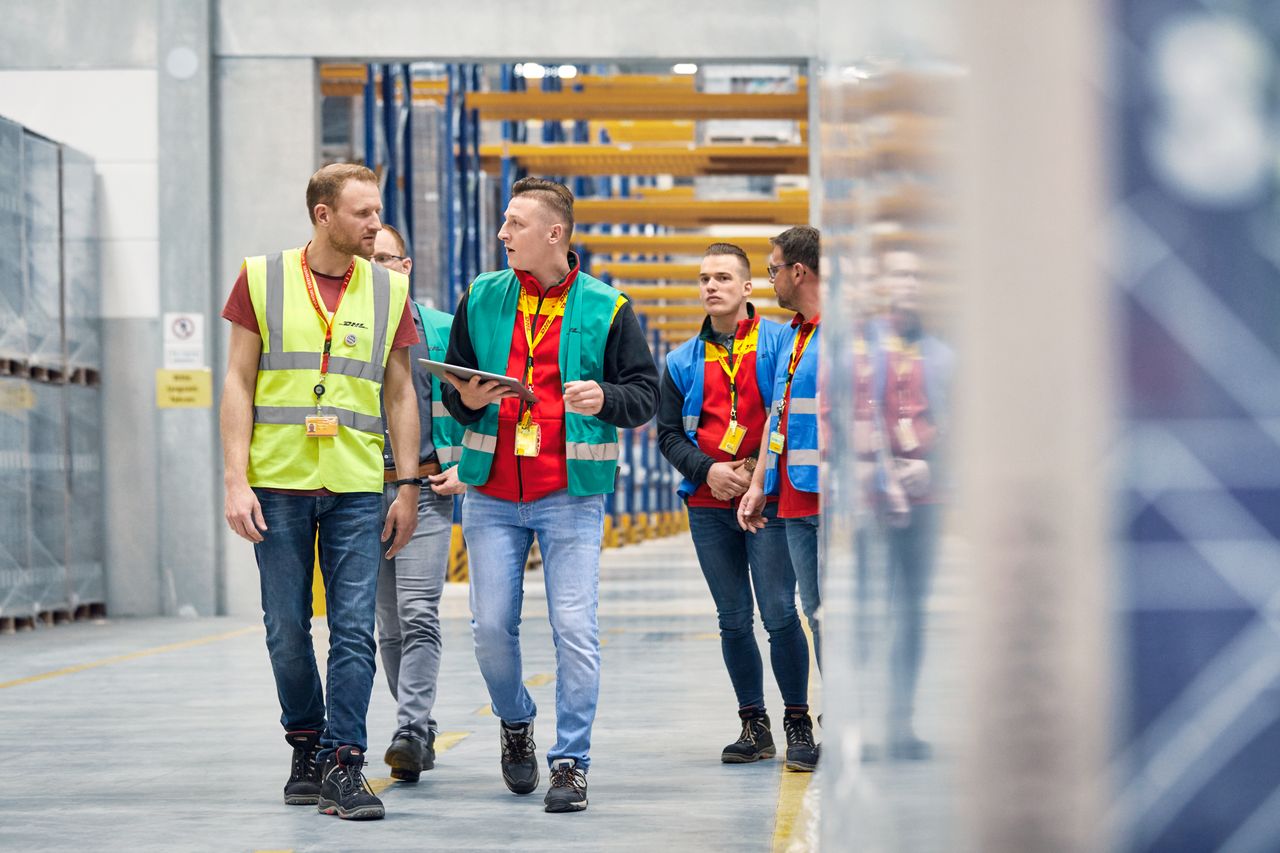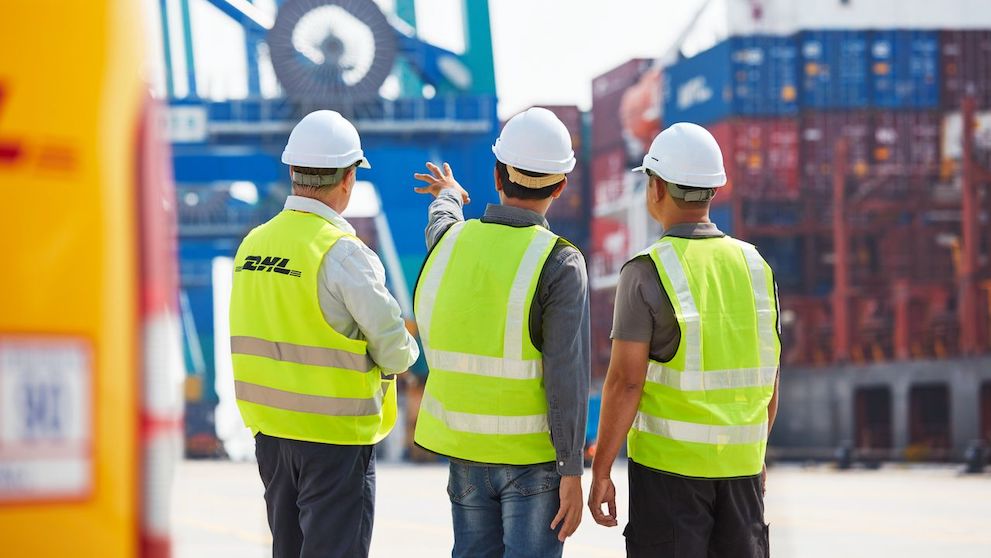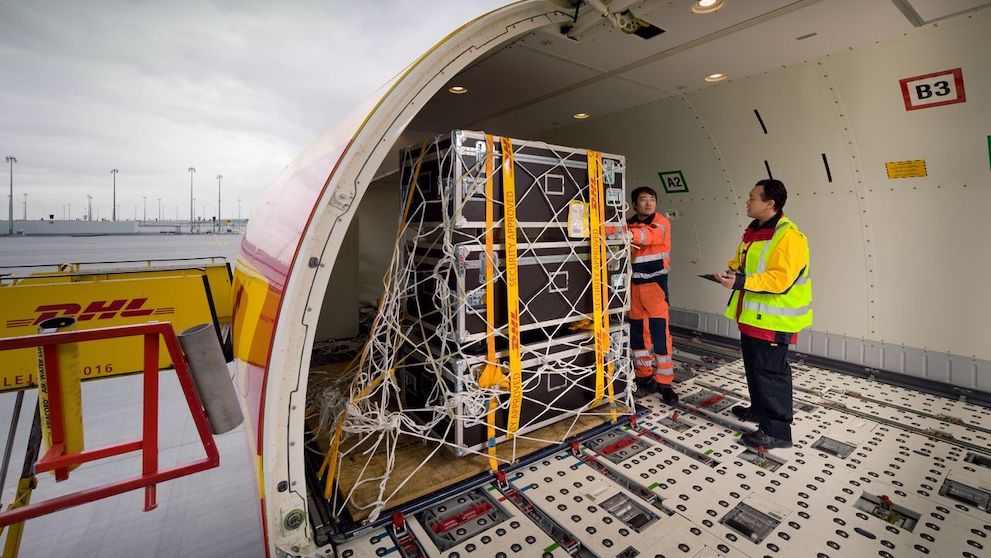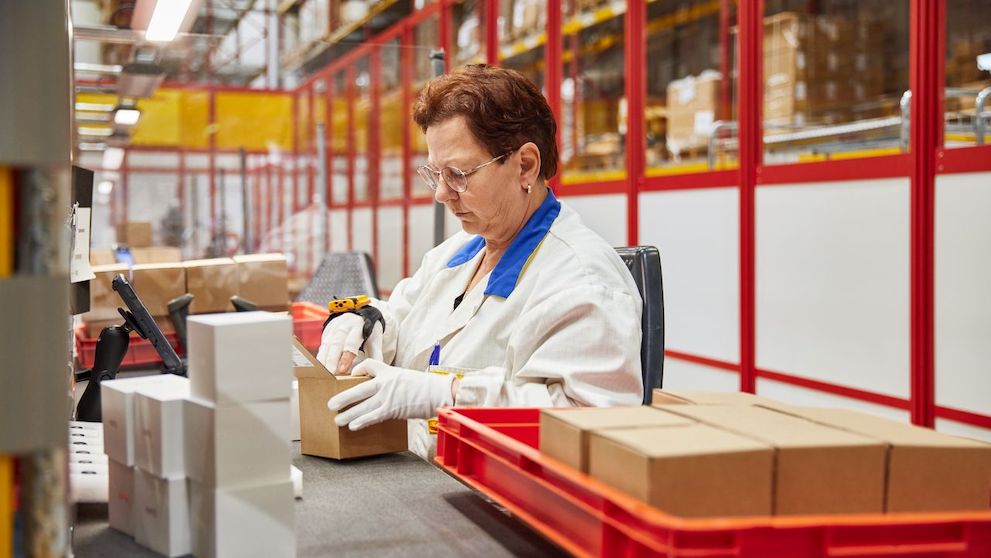When it comes to shipping dangerous goods internationally, specific regulations are in place to ensure safety. Various regulatory authorities and freight control regulatory bodies oversee these regulations. The impact on health, safety, and the environment is a key consideration by various regulatory authorities when classifying these products.
With regards to lithium batteries, because they have the potential to be highly explosive, they are labelled as dangerous goods. Transportation of lithium batteries, especially shipping lithium batteries by air, requires careful consideration. Therefore, there is a need for proper processes and safety protocols, including adherence to relevant battery shipping regulations and guidelines for best practices.
This article discusses the potential risks involved when shipping lithium batteries internationally, how to package lithium batteries, and what measures should be put in place to ensure the safe shipping of such batteries to China and other parts of the world.
Hazards posed by lithium batteries
Lithium's high electrochemical potential makes it the perfect choice for creating batteries with impressive energy density. However, this advantage also classifies lithium batteries as dangerous goods, presenting substantial risks if not handled carefully.
In the context of shipping lithium batteries by air, a battery fire or explosion could ignite other flammable items, potentially causing a catastrophic incident. If just one battery experiences thermal runaway during transport, it could set off a chain reaction, engulfing the entire cargo hold in flames.
The potential of such incidents occurring underscores the critical importance of adhering to stringent lithium battery air shipment regulations and taking appropriate precautions when packaging and shipping lithium batteries.
Regulations for shipping lithium batteries
As it is considered a hazardous product, lithium battery shipping is thus regulated from the shipment preparation stages up to the transportation and delivery of it. Essentially, there are specific requirements that need to be adhered to.
Considering the strict import regulations of hazardous products, the preparation stage for this process is important if you have the intention to export lithium batteries to China or other locations globally. Before exporting lithium batteries, certain crucial steps are necessary:
- Obtain IATA Certification: This is crucial for ensuring compliance with international air transport regulations.
- Conduct UN38.3 Testing: This safety verification process assesses the battery's ability to withstand various conditions and ensures packaging integrity.
- Adhere to International Air Transport Association’s (IATA) Dangerous Goods Regulations (DGR): These guidelines provide comprehensive instructions on packing, handling, and transporting lithium batteries safely.
Region and country-specific guidelines for shipping lithium batteries
Guidelines for shipping lithium batteries to China
Navigating customs clearance in China for lithium batteries involves adhering to stringent procedures set by the customs authority. Here's a breakdown of the key information required for a smooth customs clearance process:
- Packaging Category: This denotes the type of packaging used for the batteries, ensuring the packaging meets safety standards for transporting dangerous goods.
- Hazard Category: This classifies the level of hazard posed by the batteries, guiding handling and storage procedures.
- UNDG Number: The United Nations Dangerous Goods (UNDG) number is a four-digit code identifying the specific type of dangerous goods, facilitating proper handling and communication.
- United Nations Testing and Certification Markings: These markings on the packaging confirm that it has undergone rigorous testing and meets UN standards for transporting dangerous goods.
Guidelines for shipping lithium batteries to the United States
The Federal Aviation Administration (FAA) has specific regulations for shipping lithium batteries by air. Some of the key guidelines include:
- Lithium-ion batteries shipped by themselves must be shipped at a state of charge (SoC) not exceeding 30% of their rated capacity.
- Lithium-ion batteries packed with equipment may be shipped on a passenger aircraft under approval by the State of Origin, State of Destination and State of the Operator.
- Packages must be marked with the statements in letters at least 6 mm tall which denotes which type of Lithium battery is being shipped.
- The packaging must protect the batteries from short circuits, crushing, and damage.
- Metal objects or other materials that can short-circuit battery terminals must be kept away from the batteries.
Guidelines for shipping lithium batteries to the European Union
The European Union (EU) has its own set of air shipment regulations for lithium batteries. These regulations are similar to the FAA regulations, but there are some key differences. Some of the guidelines include:
- Lithium batteries must be UN 3480 or UN 3481 certified.
- The packaging must meet UN performance criteria.
- The batteries must be labelled with the UN number and the words "LITHIUM ION BATTERY" or "LITHIUM METAL BATTERY".
- The shipper must complete a dangerous goods declaration (DGD).
Even though the shipping of potentially dangerous goods internationally requires a lot of caution, you can be assured that an experienced courier service provider is aware of the dangers of shipping lithium batteries or items that contain lithium batteries and is able to provide international shipping tips for the safe and compliant transportation of your goods.
In such cases, where the shipment in question poses some form of risk, always engage the services of an experienced courier service provider with highly trained logistics staff in their ranks. Ideally, such service providers would have the most current and relevant accreditation for the transportation of lithium batteries, and they should be up to date with the current IATA regulations.
Can I send lithium batteries with DHL Express?
Yes, you can send lithium batteries with DHL Express as part of our logistics in Singapore, but it comes with specific guidelines. If you have questions on how to ship batteries internationally with DHL Express, here are some of the policies in place for the transportation of lithium batteries.
Policies on shipping lithium batteries
DHL Express accepts both Lithium Metal (non-rechargeable) and Lithium-ion (rechargeable) batteries for shipping under strict conditions. The company adheres to global standards like the International Air Transport Association (IATA) Dangerous Goods Regulations and the U.S. Department of Transportation’s Hazardous Materials Regulations.
Requirements for Shipping Lithium Batteries with DHL Express
When shipping lithium batteries with DHL Express, you must comply with several key requirements. Firstly, thonly pre-approved DHL Express account holders can ship lithium batteries.. Additionally, lithium batteries must be packaged to prevent short circuits, movement, and accidental activation.
For international shipments, it’s crucial to be aware of any country-specific restrictions that may apply. Also, DHL Express does not accept damaged, defective, or recalled lithium batteries for shipping.
Learn more about our guidance on shipping lithium batteries, including labeling, marking and specific documentations and packaging for each Lithium Battery classification.
Advantages of using DHL Express for shipping hazardous materials
Since it is categorised as a hazardous product, it will take experience, expertise, and careful planning when it comes to shipping lithium batteries in a smooth and efficient manner so that you can prevent shipping delays. This is why it is vital that companies work with credible courier service providers when shipping such items.
Choosing DHL Express for your lithium battery shipments offers several advantages:
- Expertise in Handling Hazardous Materials: As a global leader in logistics, DHL Express provides robust infrastructure and expertise in handling hazardous materials. This means your shipments are managed with the highest levels of care and compliance, reducing the risk of delays or penalties.
- Global Reach: DHL's vast network allows for the safe and efficient delivery of your lithium batteries, both domestically and internationally.
- Commitment to Safety and Compliance: DHL Express prioritises safety and adheres to regulations, making it a reliable partner for shipping hazardous materials like lithium batteries.
- Trusted Service: DHL's combination of expertise, global reach, and dedication to safety makes them a trusted choice for your shipping needs.
Let DHL Express help you with shipping lithium batteries internationally
For lithium battery shipping, DHL Express in Singapore only allows pre-approved account holders. This is to ensure that the account holder is aptly trained and instructed to prepare lithium battery shipments according to DHL’s Dangerous Goods policies and procedures.
Our team of experts can guide you through smooth shipping of dangerous goods and the customs clearance process. Sign up for a business account today, and let us help you export lithium batteries not just to China but anywhere around the world in a safe and efficient manner.








